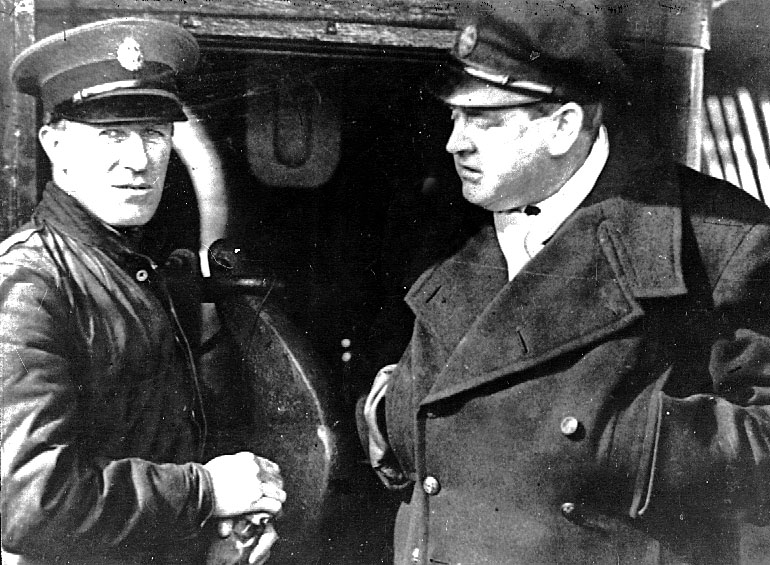
noun
- D(avid) H(erbert),1885–1930, English novelist.
- Ernest O(rlando),1901–58, U.S. physicist: inventor of the cyclotron; Nobel Prize 1939.
- Gertrude,1901?–52, English actress.
- Jacob,1917–2000, U.S. painter and educator.
- James,1781–1813, U.S. naval officer in the War of 1812.
- Saint.Also Lorenzo.Latin Laurentius.died a.d. 258?, early church martyr.
- Sir Thomas,1769–1830, English painter.
- T(homas) E(dward)T. E. ShawLawrence of Arabia, 1888–1935, English archaeologist, adventurer, soldier, and writer.
- a city in NE Massachusetts, on the Merrimack River.
- a city in E Kansas, on the Kansas River.
- a town in central Indiana.
- a male given name: from a Latin word meaning “a man of Laurentum.”
noun
- Anna Howard,1847–1919, U.S. physician, reformer, and suffragist, born in England.
- ArtieArthur Arshawsky, 1910–2004, U.S. clarinetist and bandleader.
- George Bernard,1856–1950, Irish dramatist, critic, and novelist: Nobel prize 1925.
- Henry Wheeler. Billings, Josh.
- Irwin,1913–84, U.S. dramatist and author.
- Richard Norman,1831–1912, English architect, born in Scotland.
- Thomas Edward. Lawrence, Thomas Edward.
noun
- Saint. died 258 ad, Roman martyr: according to tradition he was roasted to death on a gridiron. Feast day: Aug 10
- D (avid) H (erbert). 1885–1930, British novelist, poet, and short-story writer. Many of his works deal with the destructiveness of modern industrial society, contrasted with the beauty of nature and instinct, esp the sexual impulse. His novels include Sons and Lovers (1913), The Rainbow (1915), Women in Love (1920), and Lady Chatterley’s Lover (1928)
- Ernest Orlando. 1901–58, US physicist, who invented the cyclotron (1931): Nobel prize for physics 1939
- Gertrude. 1898–1952, British actress, noted esp for her roles in comedies such as Noël Coward’s Private Lives (1930)
- Sir Thomas. 1769–1830, British portrait painter
- T (homas) E (dward), known as Lawrence of Arabia. 1888–1935, British soldier and writer. He took a major part in the Arab revolt against the Turks (1916–18), proving himself an outstanding guerrilla leader. He described his experiences in The Seven Pillars of Wisdom (1926)
noun
- archaic, or dialect a small wood; thicket; copse
verb
- to show
noun
- a show
- the part of a potato plant that is above ground
noun
- Artie, original name Arthur Arshawsky. 1910–2004, US jazz clarinetist, band leader, and composer
- George Bernard, often known as GBS. 1856–1950, Irish dramatist and critic, in England from 1876. He was an active socialist and became a member of the Fabian Society but his major works are effective as satiric attacks rather than political tracts. These include Arms and the Man (1894), Candida (1894), Man and Superman (1903), Major Barbara (1905), Pygmalion (1913), Back to Methuselah (1921), and St Joan (1923): Nobel prize for literature 1925
- Richard Norman. 1831–1912, English architect
- Thomas Edward. the name assumed by (T. E.) Lawrence after 1927
see Laurence. n.“strip of wood forming the border of a field,” 1570s, from Old English sceaga “copse,” cognate with North Frisian skage “farthest edge of cultivated land,” Old Norse skage “promontory,” and perhaps with Old English sceaga “rough matted hair” (see shag (n.)). The Old English word also is the source of the surname Shaw (attested from late 12c.) and its related forms.
- American physicist who in 1929 built the first cyclotron, which he used to study the structure of the atom, transmute elements, and produce artificial radiation. His work laid the foundation for the development of the atomic bomb.
 Liberal Dictionary English Dictionary
Liberal Dictionary English Dictionary